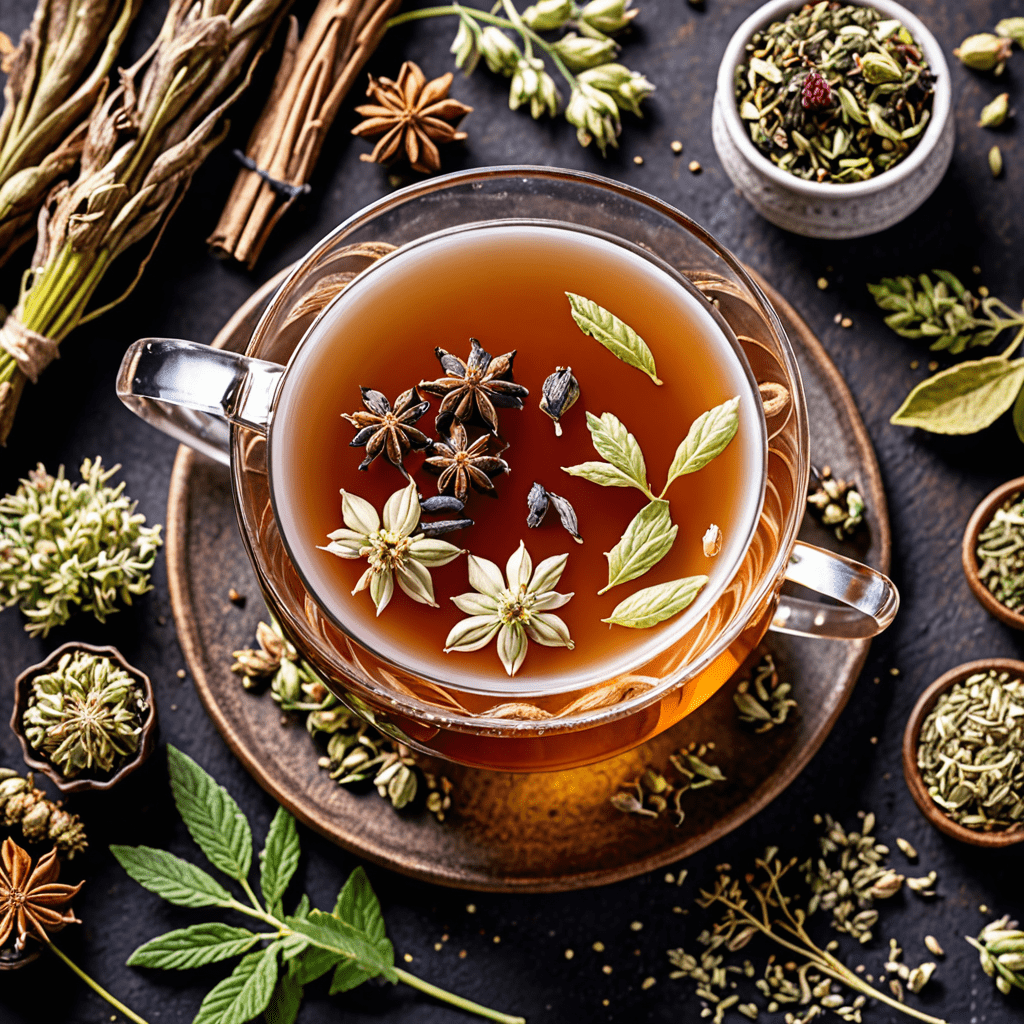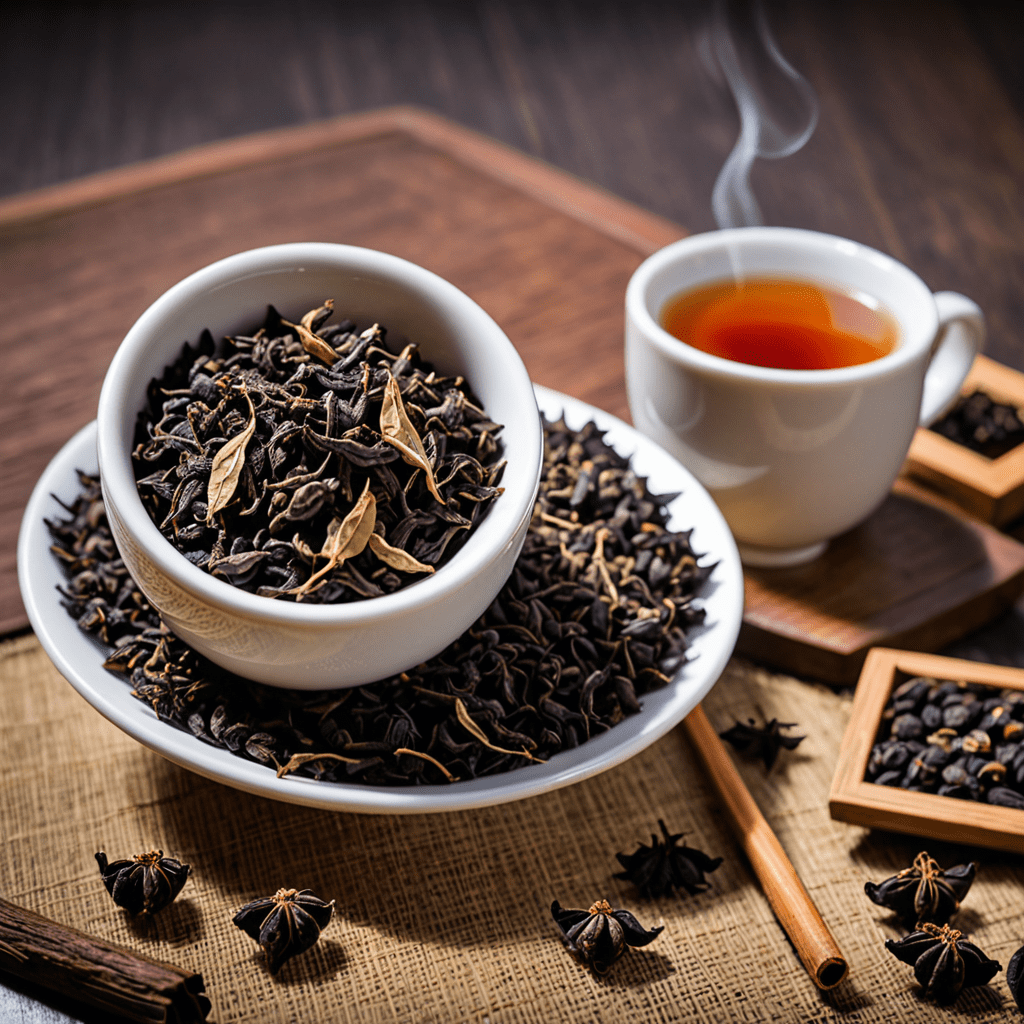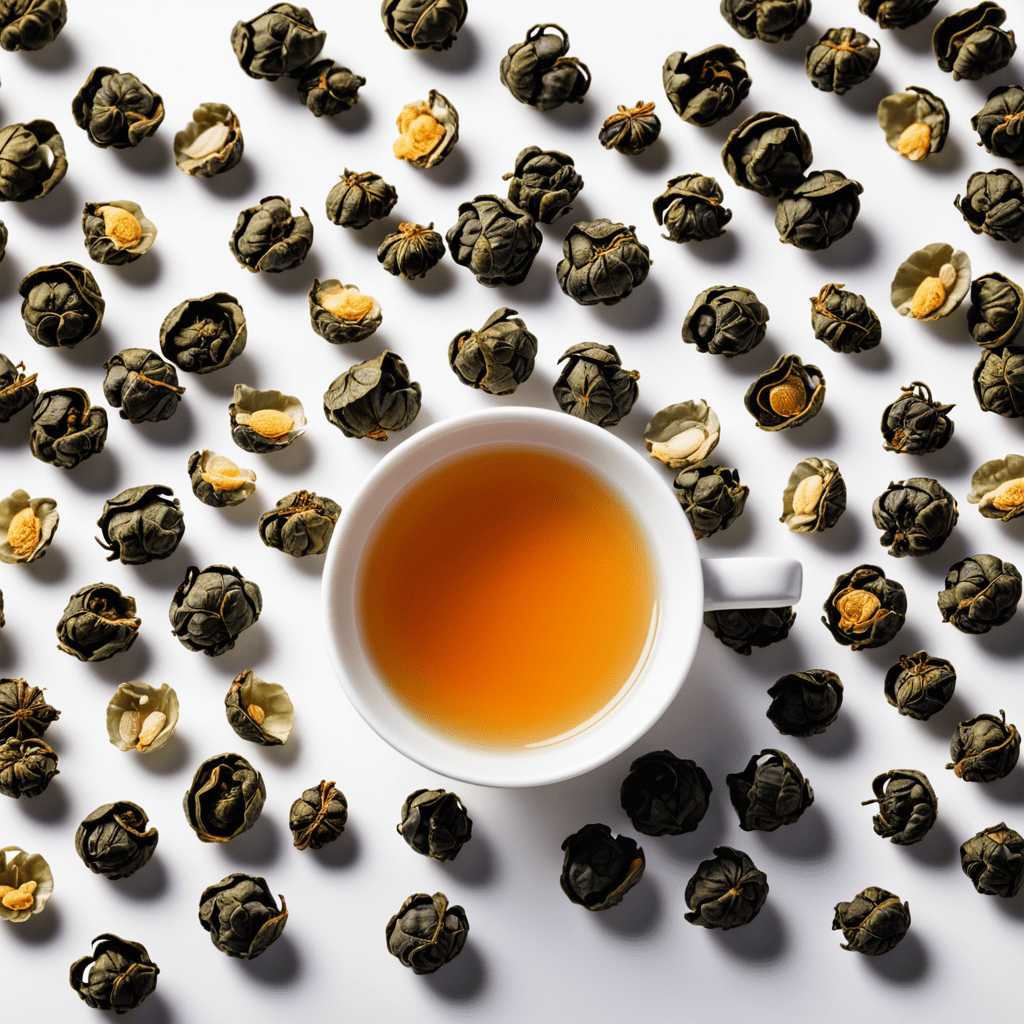Assam Tea: The Art of Tea Crafting
Prepare yourself for an extraordinary journey into the world of Assam Tea, where tradition meets artistry. Located amidst the verdant hills of Northeast India, Assam is a region renowned for producing some of the most exceptional teas globally.
History and Origins: A Legacy Steeped in Tradition
The history of Assam Tea dates back to the 19th century, when British explorers stumbled upon wild tea trees thriving along the Brahmaputra River. These trees, believed to be the ancestors of modern-day Assam tea bushes, possessed distinct characteristics that set them apart.
The Land: Where Tea Thrives
Assam's unique geographical location and climate provide an ideal setting for tea cultivation. The warm, humid sub-tropical weather, combined with fertile soil and abundant rainfall, creates an environment that nurtures the growth of lush tea bushes. Together, these elements orchestrate an exquisite symphony of flavors that define Assam Tea.
Tea Cultivation: A Symphony of Skilled Hands
Tea cultivation in Assam is a labor of love, meticulously carried out by generations of skilled workers. The art of nurturing the tea bushes, controlling their growth, and harvesting the leaves has been passed down through the years, ensuring the continued excellence of Assam Tea.
Harvesting the Delicacy: The Art of Plucking
Early each morning, as the sun's golden rays illuminate the tea gardens, tea pluckers embark on a delicate task – hand-picking the two youngest leaves and a bud from each stem. This selective harvesting ensures the highest quality teas, as these young leaves are brimming with antioxidants and flavors.
VI. Tea Processing: Transforming Leaf to Liquor
Once the delicate leaves are harvested, they undergo a series of meticulous steps to transform them into the aromatic liquor we know as Assam Tea. The processing involves withering, rolling, oxidizing (fermenting), and drying. Each step is carefully controlled to bring out the unique characteristics of the tea.
VII. Varieties of Assam Tea: A Spectrum of Flavors
The diverse terroir of Assam gives rise to a wide range of tea varieties, each with its distinct flavor profile. From the robust and malty 'Assam Orthodox' to the lighter and more floral 'Assam CTC' (crush, tear, curl), there's an Assam Tea to suit every palate.
VIII. The Brewing Ritual: Unveiling the Essence
Brewing Assam Tea is a ritual that elevates the experience. Use fresh, cold water and allow the leaves to infuse for 3-5 minutes. The optimal brewing temperature varies depending on the type of tea, but generally, a temperature of 195-205°F (90-96°C) is ideal. As the leaves steep, they release their intricate flavors and aromas, creating a captivating symphony of senses.
IX. Health Benefits: A Sip of Nature's Elixir
Beyond its delectable taste, Assam Tea is renowned for its health-promoting properties. Rich in antioxidants, it helps protect against free radical damage and may reduce the risk of chronic diseases. Additionally, Assam Tea contains caffeine, which provides a gentle boost of energy, and theanine, an amino acid that promotes relaxation.
X. Conclusion: Celebrating the Legacy of Assam Tea
Assam Tea is more than just a beverage; it's a cultural heritage, a testament to the expertise and artistry of generations of tea makers. From the moment the leaves are plucked to the final sip, Assam Tea embodies the essence of tradition and craftsmanship. As we raise a cup to this exquisite creation, we celebrate the legacy of this remarkable tea and its enduring place in the world of fine beverages.
Frequently Asked Questions (FAQ)
What makes Assam Tea unique?
Assam Tea is distinguished by its robust and full-bodied flavor, a result of the region's unique terroir and processing techniques.
How should I store Assam Tea?
To preserve the freshness and quality of Assam Tea, store it in an airtight container away from light and moisture.
How do I brew the perfect cup of Assam Tea?
Use fresh, cold water and allow the leaves to infuse for 3-5 minutes at a temperature of 195-205°F (90-96°C). Avoid over-steeping, as this can result in a bitter taste.


